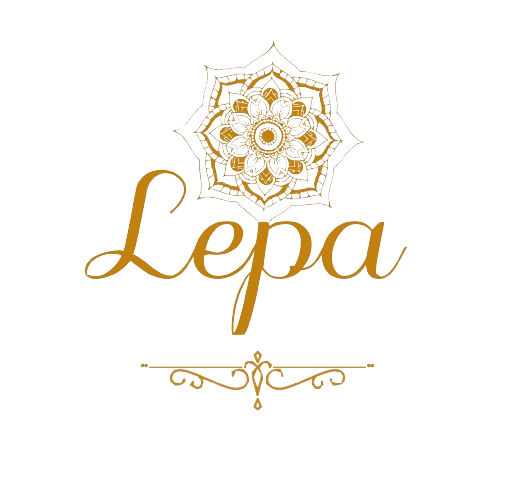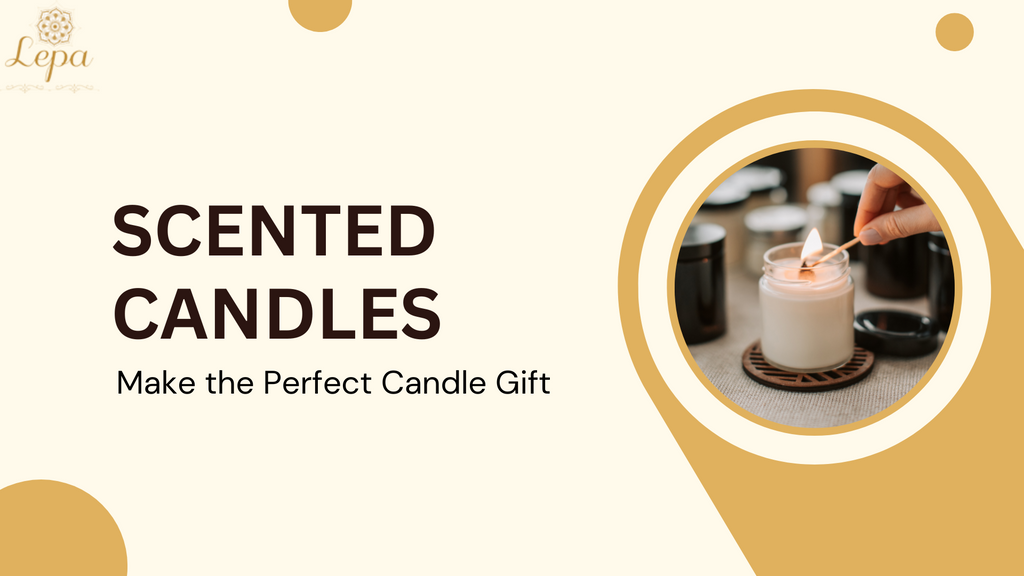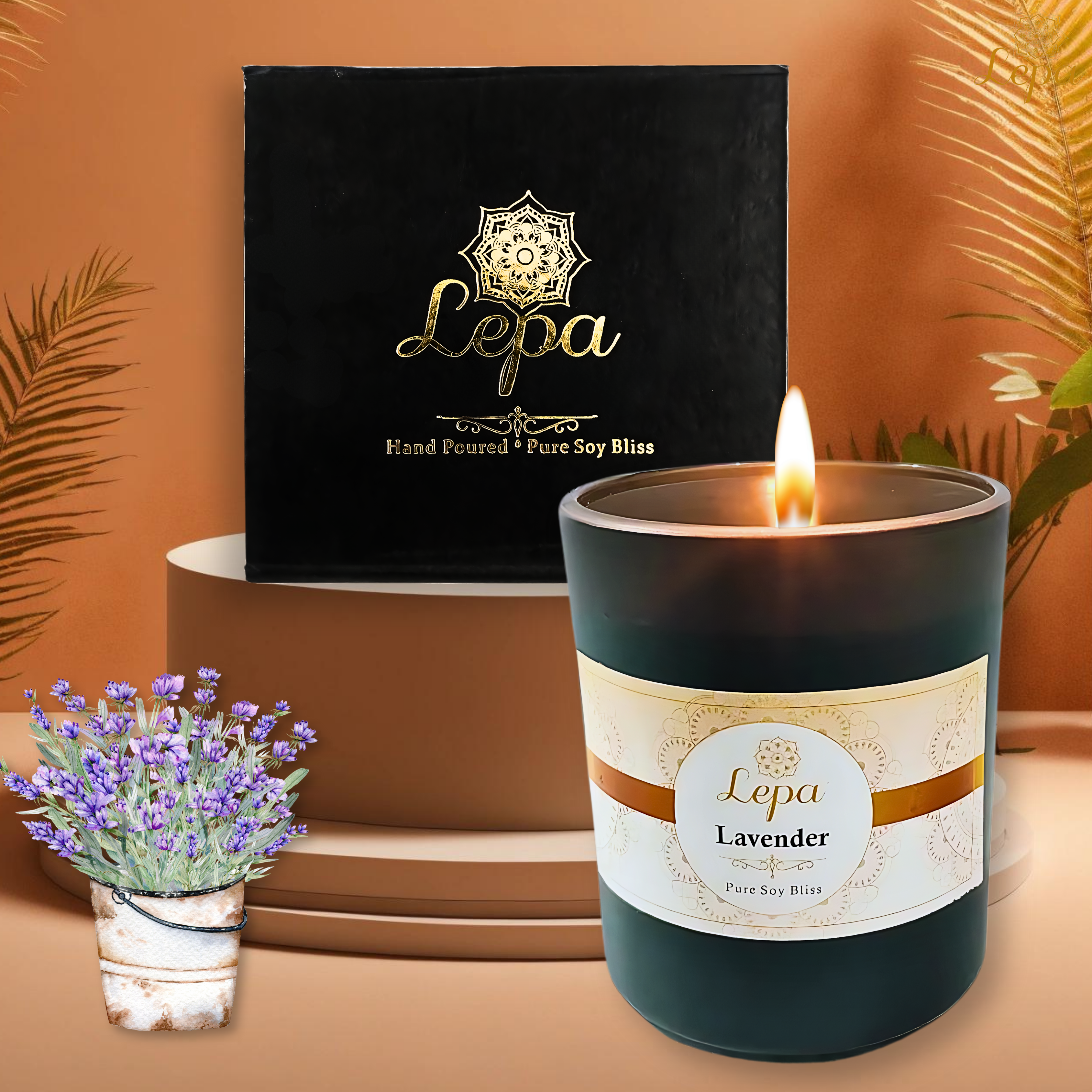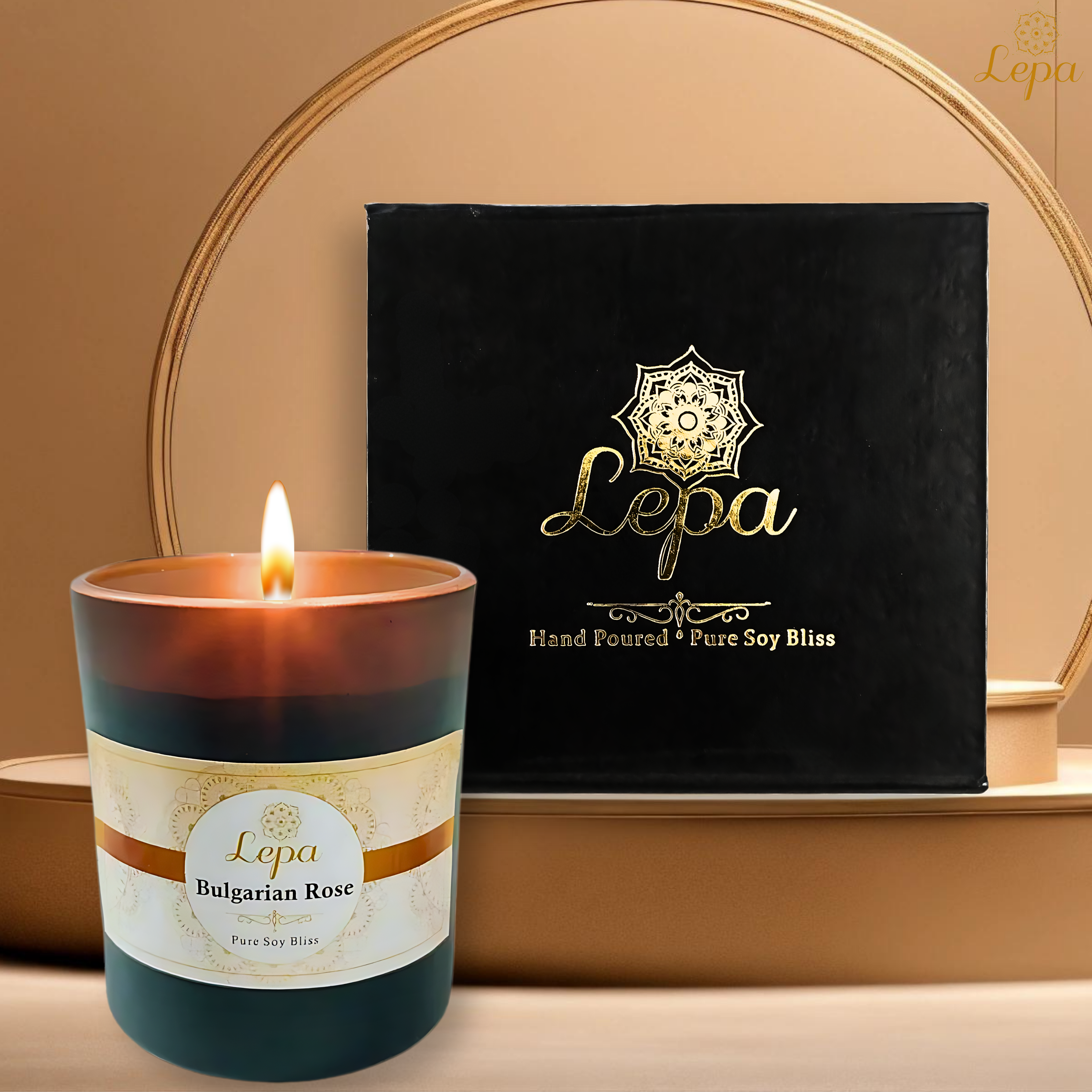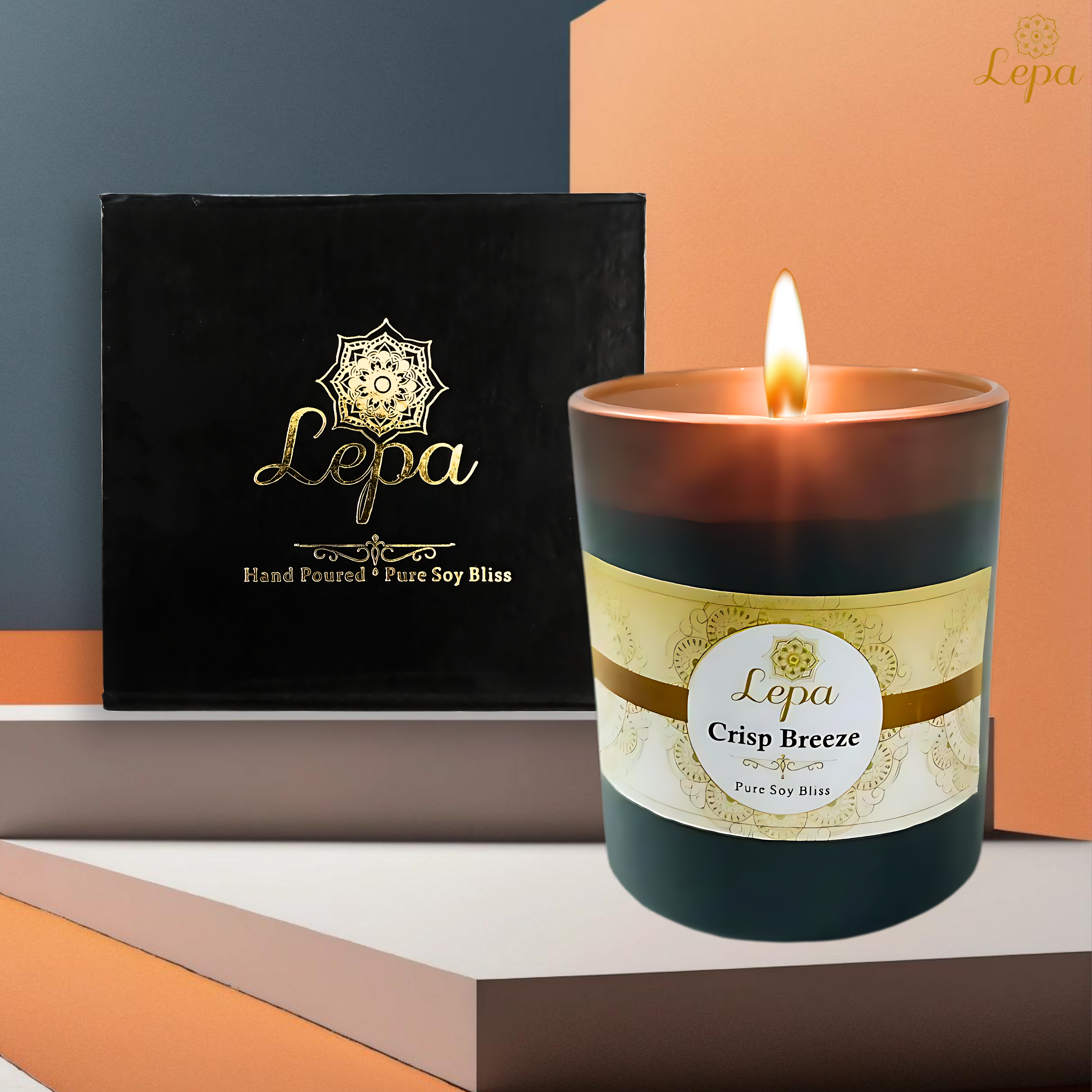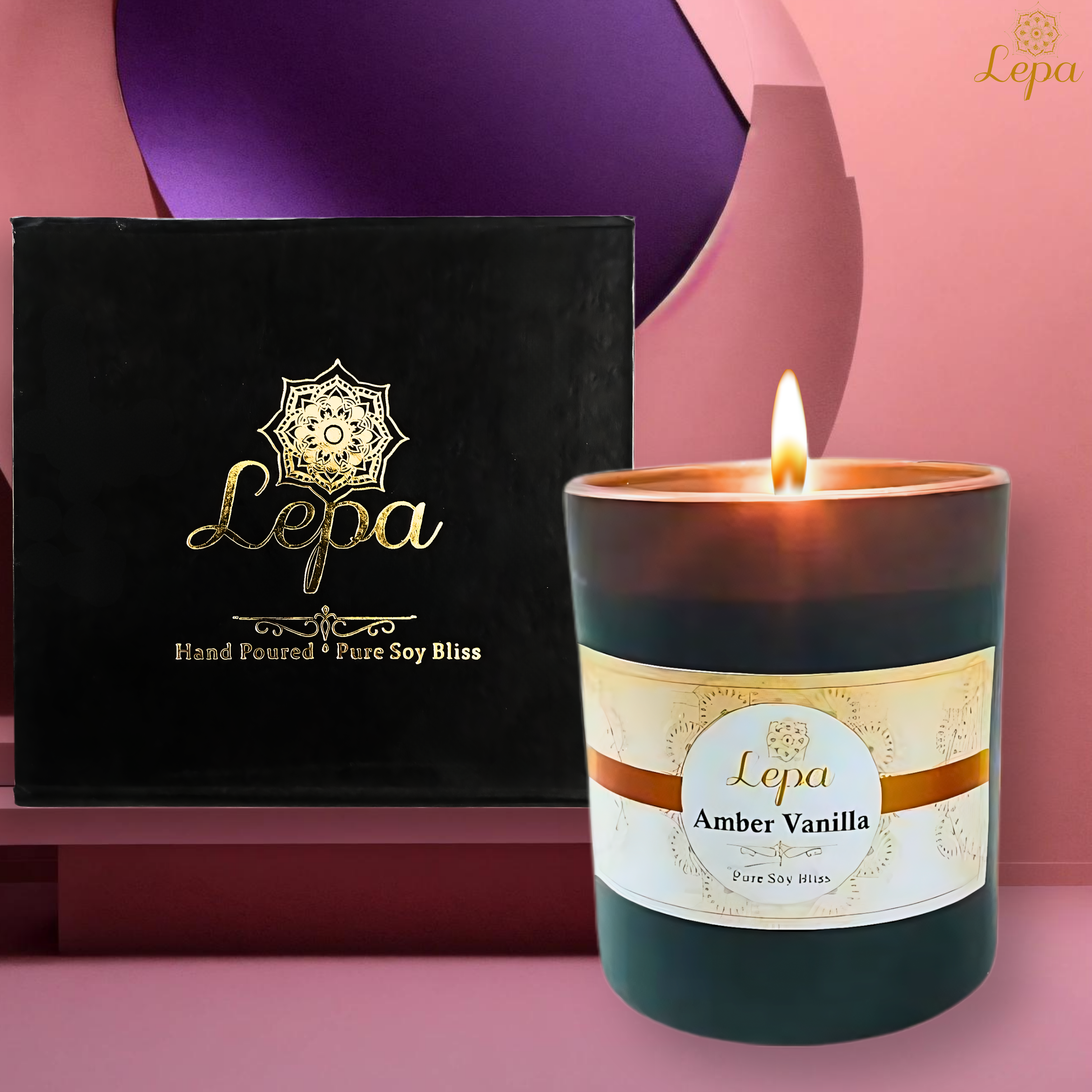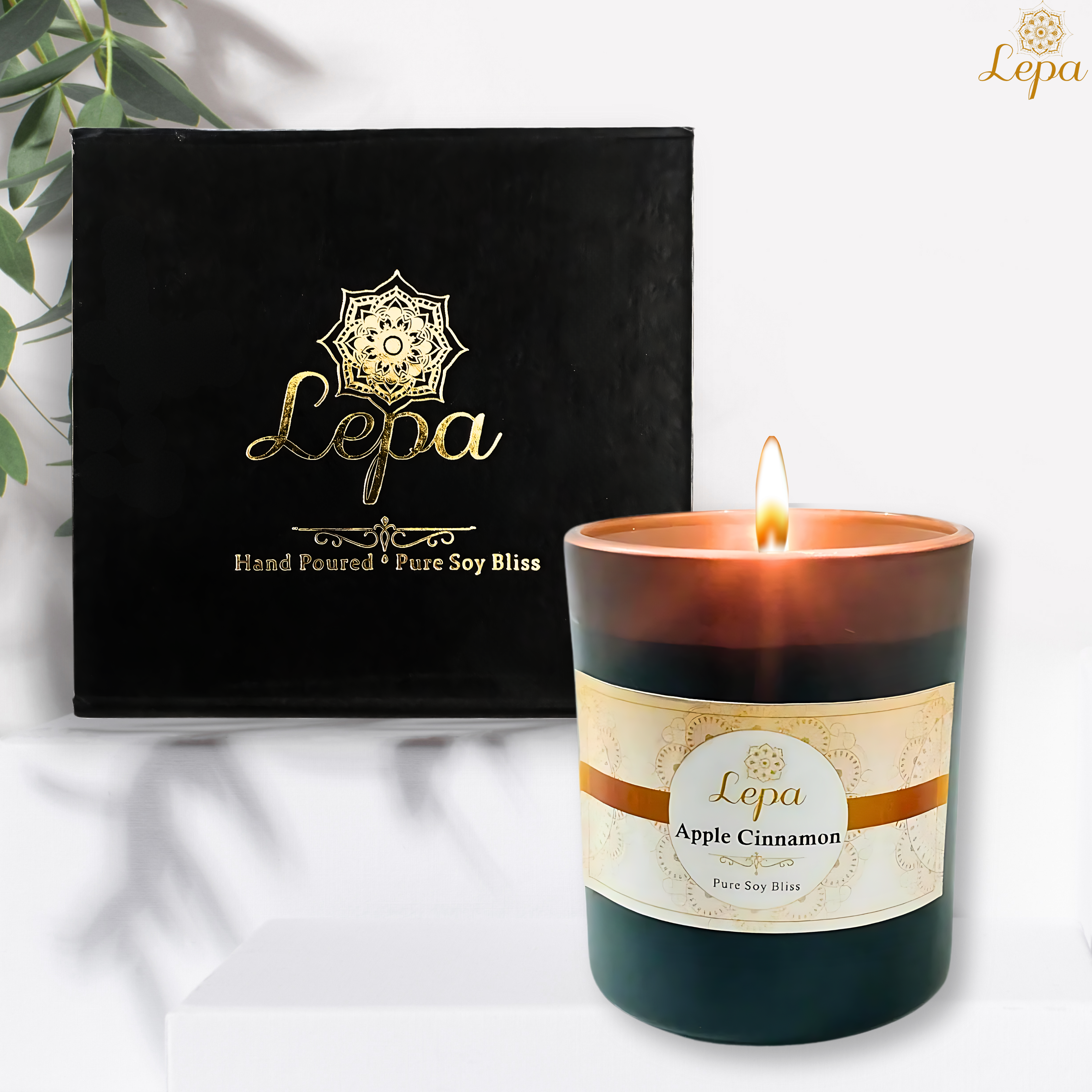
Key Benefit of Private Label of Candles for Retailers

Increased Profit Margins
Increased profit margins are crucial for any business looking to grow and succeed. When a company lowers production costs or enhances its product pricing, it effectively boosts its profit margins. For example, a company that uses white label solutions can benefit from reduced production costs because it often leverages established manufacturing processes. This flexibility allows the company to pass on savings to customers or increase their selling price to enhance profit margins. The benefit of private label of candles lies in companies' ability to position themselves in the niche market with unique branding, leading to higher perceived value and potentially higher prices. Enhanced profit margins mean more revenue from each sale, which can be reinvested into the business for further development or expansion. By maintaining high-quality standards while managing costs effectively, companies can enjoy a stronger financial position and more resources to innovate and cater to their target market.
Enhanced Brand Loyalty
Enhanced brand loyalty is the cornerstone of a thriving business. When customers consistently choose a brand over competitors, it reflects a strong brand identity and effective branding strategies. For instance, companies offering private label candles often build customer loyalty through unique fragrance profiles and exceptional quality that differentiate their products in a crowded market. A brand fosters deep customer connections by providing excellent customer service, personalized experiences, and consistently high-quality products. This loyalty translates into repeat purchases and positive word-of-mouth recommendations, which are invaluable. The exclusivity of private label products also contributes to this loyalty, as customers feel they are getting something unique. Strengthening brand loyalty involves understanding customer needs and continuously improving product offerings to ensure that the brand remains at the top of the mind.
Customization Opportunities
Customization opportunities are vital for businesses looking to stand out in a crowded market. By offering tailored products, such as custom private label candles with unique fragrances or packaging, companies can cater to individual customer preferences. This level of customization enhances the customer experience and aligns with the brand’s identity, creating a strong connection between the consumer and the brand. Retailers providing customizable options can attract a niche market seeking exclusive products that reflect their tastes or needs. Customization increases customer satisfaction and fosters customer loyalty, as consumers are more likely to return to a brand that offers products uniquely suited to them. Furthermore, customization allows businesses to differentiate themselves from competitors, adding a layer of exclusivity to their offerings and enhancing their market position.
Lower Production Costs
Lower production costs are essential for maintaining competitive pricing and improving profit margins. Companies that leverage white label manufacturing often reduce production expenses because they benefit from the efficiencies of established processes. This flexibility in production allows businesses to offer competitive pricing while maintaining quality. For example, a company that uses white label services for private label candles can reduce production and raw materials costs, making it easier to pass savings onto customers or increase profitability. Lower production costs enable businesses to experiment with new product lines or enhance existing ones, such as adding unique fragrances or special packaging. This approach supports a more flexible pricing strategy and helps businesses remain competitive by providing value-added products at attractive prices.
Control Over Quality
Control over quality is crucial for ensuring that products consistently meet customer expectations and maintain a strong brand identity. By overseeing every step of the production process, from selecting high-quality materials to final inspection, businesses can ensure that their products, such as private label candles, meet high standards, which is a key benefit of private label of candles. This level of control helps build customer trust and reinforces the brand’s reputation for excellence. For example, a company that produces candles with unique fragrances and superior craftsmanship can distinguish itself from competitors. Maintaining strict quality control enhances customer loyalty, as consumers know they can rely on the brand for consistent quality. It also supports effective branding, as a reputation for quality can be a significant selling point in the market.
Flexible Pricing Strategies
Flexible pricing strategies allow businesses to adapt their prices based on market conditions, customer demand, and production costs. This flexibility is especially important for products like private label candles, where pricing can be adjusted to reflect seasonal trends or promotional offers. For instance, a retailer might offer discounts on candles during the holiday season to attract customers or increase prices for limited edition fragrances to capitalize on exclusivity. Flexible pricing helps businesses remain competitive by allowing them to respond to changes in the market and customer preferences. It also supports effective branding by aligning product prices with the brand’s positioning in the niche market. Companies can enhance their market position and optimize revenue by strategically managing pricing.
Improved Customer Engagement
Improved customer engagement involves actively interacting with customers to build stronger relationships and understand their needs better. Businesses that engage with their customers effectively through channels like social media or personalized communication can enhance their brand identity and foster customer loyalty. For example, a company that offers private label candles can use social media platforms to share behind-the-scenes content, gather feedback on new fragrance ideas, and offer exclusive promotions. This level of engagement strengthens customer relationships and helps businesses better understand their target market. By providing valuable content and responding to customer inquiries, companies can create a more interactive and personalized experience, increasing customer satisfaction and loyalty.
Value-Added Packaging
Value-added packaging enhances the appeal of a product by offering more than just basic protection. For example, private label candles with unique, aesthetically pleasing packaging showcase the benefit of private label of candles by creating a more memorable customer experience. Packaging that includes features like reusable containers, detailed information about the fragrance, or elegant designs can add perceived value to the product. This approach improves the overall presentation and supports effective branding by reinforcing the brand’s identity. Value-added packaging helps products stand out in the market and can enhance customer satisfaction by providing additional benefits beyond the primary function of the packaging. As a result, businesses can differentiate their products and attract a loyal customer base.
Exclusive Product Lines
Exclusive product lines offer unique and limited edition items only available through specific brands or retailers. For instance, a company specializing in private label candles might introduce exclusive fragrances or designs only available through their store. This exclusivity creates a sense of urgency and desirability among customers, driving sales and enhancing the brand’s appeal. Exclusive product lines help strengthen brand identity by showcasing the company’s ability to offer something special and different from competitors. By catering to niche markets with unique offerings, businesses can attract dedicated customers who value the uniqueness and prestige associated with exclusive products.
Scalability of Production
Scalability of production is the ability of a business to adjust its production volume based on demand. For instance, a company that produces white-label candles can efficiently scale its output up or down depending on market trends or seasonal fluctuations. This flexibility ensures the business can meet varying customer demands without compromising quality. Scalable production systems allow businesses to grow and adapt to changes in the market while maintaining operational efficiency. By investing in scalable production processes, companies can manage costs effectively, respond to new opportunities, and ensure that they can meet customer needs consistently as they expand.
Enhanced Market Positioning
Enhanced market positioning involves improving a brand’s standing to attract more customers and outperform competitors. Effective branding strategies, such as offering unique private label candles with distinct fragrances or special features, can help a company stand out in a crowded market. By emphasizing exclusivity and delivering high-quality products, businesses can create a strong brand identity that resonates with their target audience. Enhanced market positioning also involves understanding and catering to niche markets, which can provide a competitive edge and increase market share. Companies can strengthen their market position and achieve long-term success by focusing on delivering exceptional value and aligning with customer preferences.


